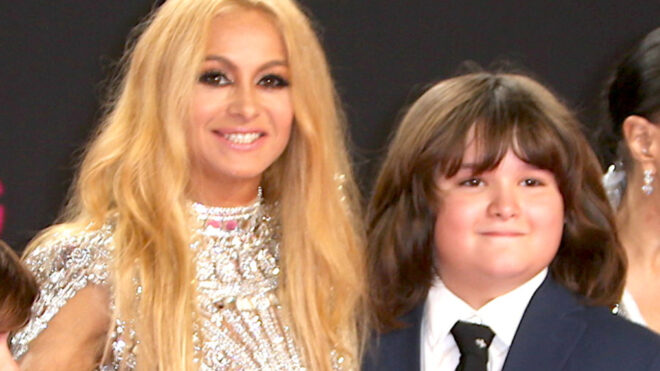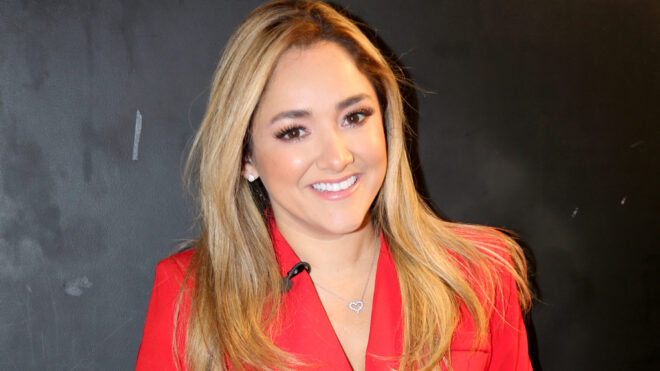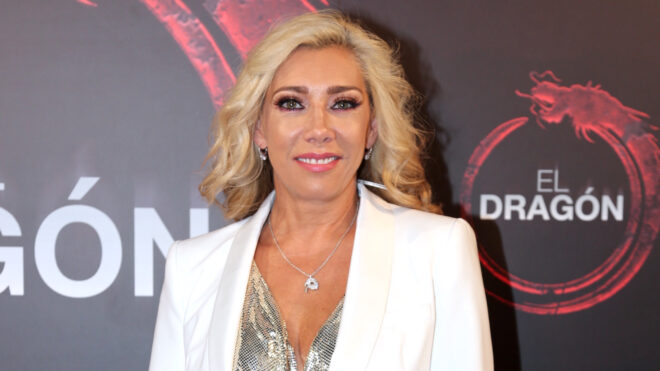While satisfying cravings is important, keeping a balanced diet during pregnancy is also just as necessary. Foods high in fat may taste good, but it could potentially put your baby at risk of serious health issues long after giving birth. According to The Department of Health, unhealthy saturated fats should only makeup 11 percent of a pregnant woman's diet. Otherwise you could be putting your baby at risk.
Read more ¿Qué más?: 10 Foods every Latina should eat for a healthy pregnancy
1. Damaging the baby's immune system: Eating fatty foods during pregnancy could cause your child to suffer with allergies and a weak immune system after birth. A recent study published in the Journal Molecular Metabolism found that moms with a high-fat diet during pregnancy ended up having damaged cells in the fetal liver, which could affect the baby's immune system in the long run. Dr. Peter Kurre, from Oregon University's Doernbecher Children's Hospital, explains, "These findings may provide broad context for the rise in immune disease and allergic disposition in children."
2. Putting the baby's brain health at risk: While feeding into your cravings for unhealthy food may seem harmless, it could greatly affect your baby's brain health in the future. A baby's brain is about 60 percent fat, which means the mom needs a healthy balance of healthy fats to ensure the baby has good cognitive skills when he or she gets older. Ideally, no more than 35 percent of your daily diet should consist of fats, according to the Department of Health. Stick to ingredients with healthy unsaturated fats, like sunflower seeds, avocados and pine nuts
3. Causing your baby to be underweight: Although a diet high in fat could cause the mom to have more weight gain during pregnancy, it has the opposite effect on a fetus. A recent medical study found that a diet high in trans fat causes low birth weight among newborns. On average, fetuses subjected to a high fat diet were born three pounds lighter than those with healthy and balanced diets.
Image via iStock




